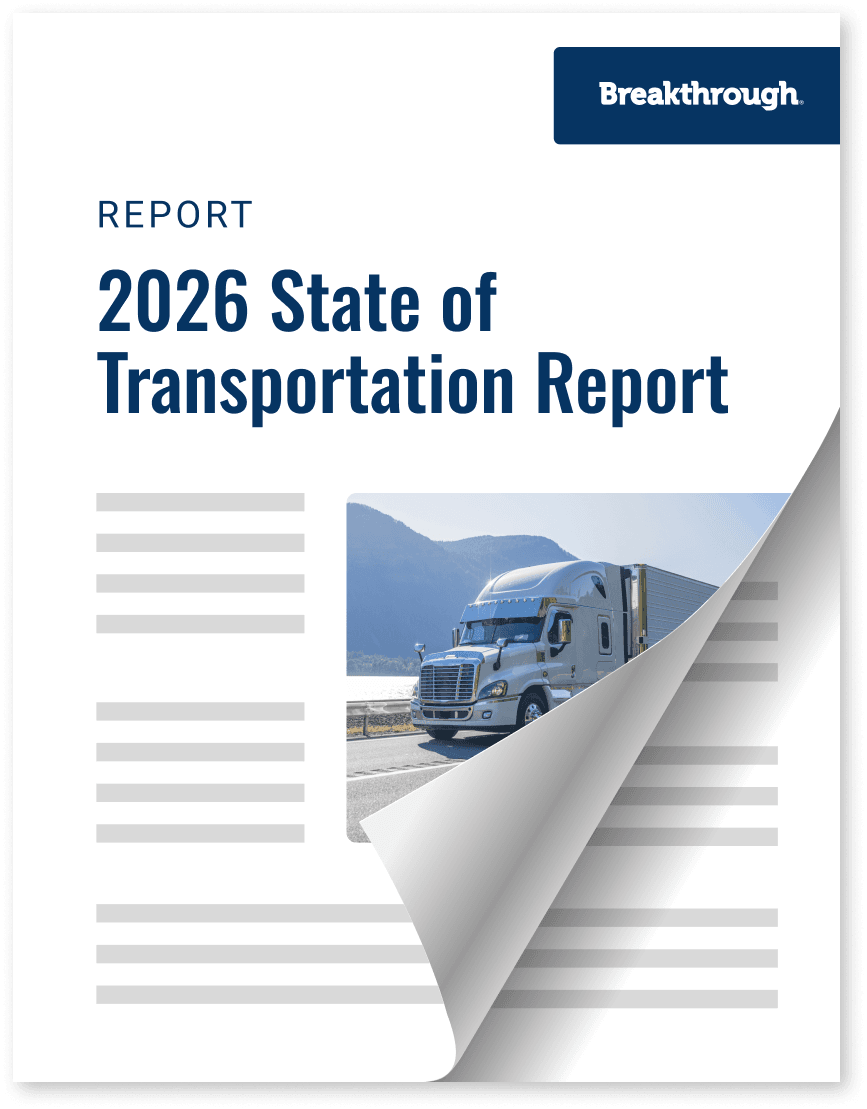2026 State of Transportation Report

Trending
Top Posts
2 min read
October 8, 2019

Share:
Changes to refinery configurations are of key importance as IMO 2020 mandates come to fruition. The added complexities created from shifting product demand force refiners to adjust their business operations, both from an economic and a supply-demand perspective.
The comprehensive side effects associated with the IMO 2020 sulfur mandates will impact all aspects of the oil and refined product industry. Regions with low refinery complexity that heavily produce residual fuels will need to create a plan of action to stay competitive in a low-sulfur dependent future. Similarly, geographies capable of producing vast quantities of low-sulfur fuels will be called upon to create bunker fuels that stay compliant with the IMO regulations per the chart below.

Demand will shift, and the ensuing prices connected to these fuels will ultimately feel the brunt of the changes. The IMO 2020 regulations will transform the oil and refined product industry, creating an interesting dynamic for transportation supply chains.
Refineries have several options to react to shifting demand, including:
Though IMO 2020 is currently center stage, shippers should know that post-implementation the shift to move freight with lower emissions intensity will not be over. Looking to future strategies that remain ahead of the regulatory landscape and manage fuel accurately and transparently will be of greatest benefit to supply chain participants.
Read how refined product inventories have already begun to shift moving into Q4 here.

5 min read
February 23, 2026
Explore how escalating U.S.–Iran tensions are impacting global energy markets, driving volatility in crude oil and diesel prices, and increasing supply chain risks.
Read more
7 min read
February 23, 2026
The Supreme Court has ruled against the use of IEEPA tariffs. Understand the decision, the administration's response, and the impact on your supply chain.
Read more
7 min read
February 20, 2026
Explore practical sustainable transportation strategies that reduce emissions and costs. Learn how to balance sustainability goals with operational efficiency.
Read more